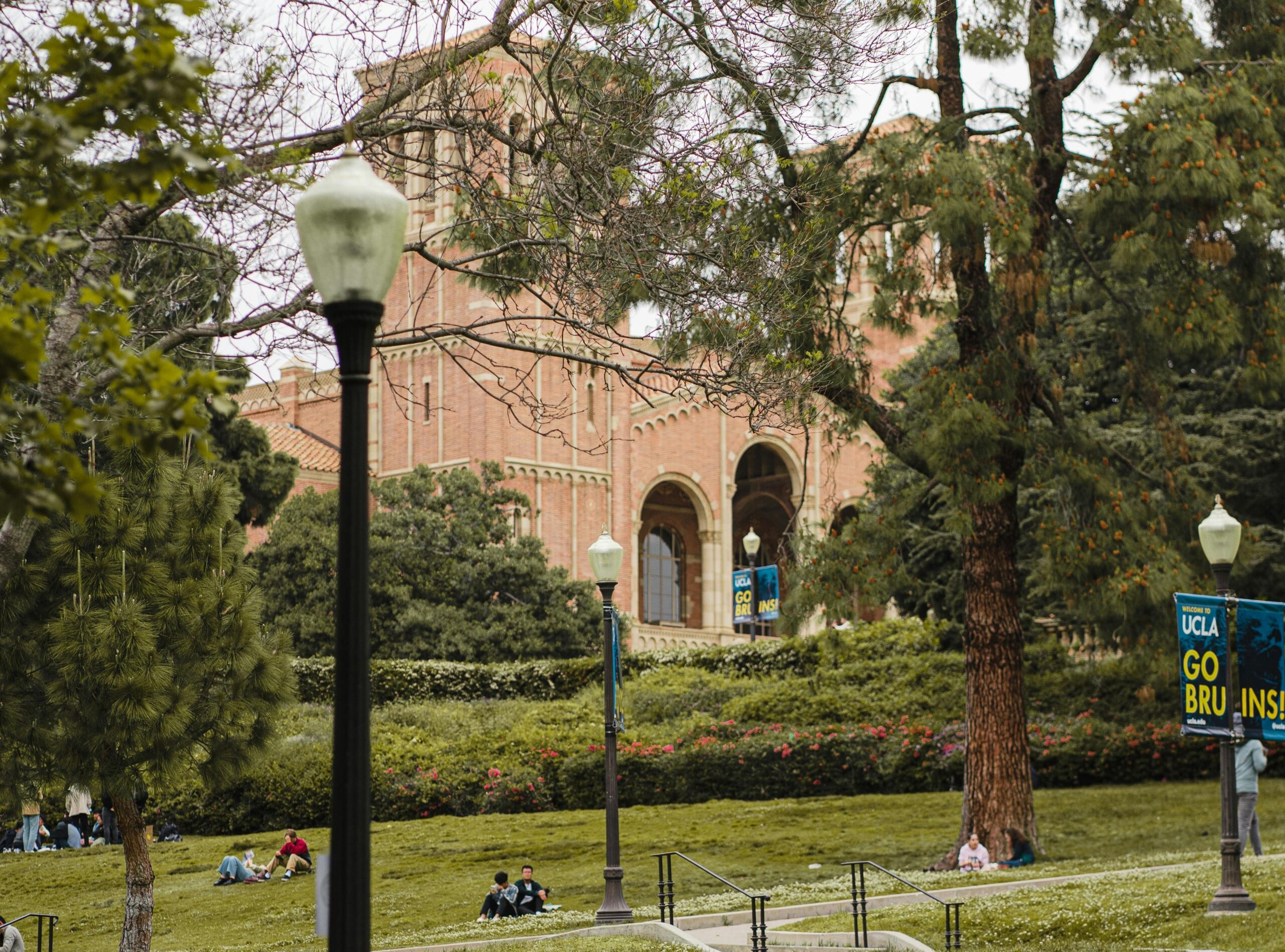DOJ sues Illinois over laws granting in-state college benefits to illegal immigrants
The U.S. Department of Justice (DOJ) has filed a lawsuit against the state of Illinois, Governor J.B. Pritzker, and several public university systems, challenging state laws that provide in-state tuition and financial aid to illegal immigrants. The DOJ argues that these laws violate the Supremacy Clause of the U.S.Constitution and federal law (8 U.S.C. § 1623(a)), which prohibits states from offering postsecondary education benefits based on residency to undocumented individuals unless those benefits are equally available to all U.S. citizens regardless of their home state.
Illinois laws at issue include the 2003 Acevedo Bill, the 2011 Illinois DREAM Act, the 2019 RISE Act, and a recent law expanding eligibility starting in 2026. Collectively, these laws allow undocumented immigrants meeting certain residency and education criteria to receive reduced tuition and financial aid, while out-of-state U.S. citizens must pay higher rates.
The DOJ seeks a permanent injunction to block these laws, arguing they unfairly prioritize undocumented immigrants over U.S. citizens from other states, perhaps encouraging more illegal immigration at taxpayer expense. The lawsuit involves multiple university boards such as Southern Illinois University and University of Illinois.
This legal challenge is part of a broader conflict between the Trump administration and Illinois regarding immigration enforcement and state resistance to federal policies. Similar lawsuits have prompted some Republican-led states like Oklahoma and Texas to reverse such tuition benefits, while litigation in states like Minnesota and Kentucky continues, with some defending their policies on constitutional grounds.
Illinois has yet to formally respond in court, but may adopt defenses similar to Minnesota’s, which claims its benefits are not solely based on residence and points to state programs that also assist non-resident U.S. citizens. The case highlights ongoing tensions over state versus federal authority and the extent to which states may support undocumented immigrants in higher education.
DOJ sues Illinois over laws granting in-state college benefits to illegal immigrants
The Justice Department filed a lawsuit Tuesday against Illinois, Gov. JB Pritzker (D-IL), and several public university systems, challenging state laws that offer in-state tuition and financial aid to illegal immigrants despite similar benefits not being equally available to U.S. citizens from other states.
In the complaint, filed in the Southern District of Illinois, DOJ officials argue that the laws violate the supremacy clause of the Constitution and federal law, specifically 8 U.S.C. § 1623(a), which bars states from granting postsecondary education benefits based on residency to unlawfully present aliens unless those same benefits are offered to all U.S. citizens, regardless of residency.
“Under federal law, schools cannot provide benefits to illegal aliens that they do not provide to U.S. citizens,” Attorney General Pam Bondi said. “Illinois now joins the list of states where we are relentlessly fighting to vindicate federal law.”
The DOJ is seeking a permanent injunction blocking enforcement of several laws, including the 2003 “Acevedo Bill,” the 2011 Illinois DREAM Act, the 2019 RISE Act, and an expansion law passed last year that further broadens tuition eligibility starting in 2026. Taken together, these measures have allowed illegal immigrants who meet certain education and residency criteria to receive discounted tuition and state financial aid — even while U.S. citizens from other states pay significantly more.
“This policy treats illegal aliens better than U.S. citizens living in other states and incentivizes even more illegal immigration, all on the taxpayer’s dime,” U.S. Attorney Steven Weinhoeft said.
“In direct conflict with federal law, Illinois law permits an alien who is not lawfully present in the United States to qualify for reduced in-state tuition rates and for other benefits such as scholarships or grants based on residence within the state. … At the same time, it denies these benefits to U.S. citizens who do not qualify as Illinois residents,” the lawsuit reads.
The complaint includes the boards of trustees for several different colleges, such as Southern Illinois University, the University of Illinois, Chicago State University, and several others. The Washington Examiner did not receive a response to requests for comment from these schools.
The federal complaint deepens the Trump administration’s broader legal battle with Illinois over immigration enforcement, education mandates, and the state’s resistance to federal policies. Local officials, including Pritzker, have also clashed with the federal government over crime prevention efforts in Chicago as President Donald Trump increasingly touts a need to deploy the National Guard to tackle rampant crime in the Windy City.
While Republican-led states such as Oklahoma and Texas have quickly reversed their policies after similar lawsuits, litigation remains ongoing in Kentucky and Minnesota, where Democratic attorneys general continue to defend in-state tuition access for illegal immigrant students.
In a recent court filing, Minnesota officials argued that their benefits are not awarded “on the basis of residence,” the key restriction under federal law, but instead based on factors such as high school attendance and graduation within the state. They also noted that U.S. citizens can qualify for the same benefits without residing in Minnesota, under programs such as the North Star Promise. Further, they warned that the DOJ’s reading of the law would raise serious 10th Amendment concerns by unconstitutionally commandeering state education policy.
IN FOCUS: CALIFORNIA’S MARIJUANA MARKET: FROM HIGH HOPES TO ‘COMPLETE FAILURE’
Illinois has not yet responded in court, but its defense may closely resemble the arguments already mounted by Minnesota, setting up another significant showdown over how far states can go in supporting noncitizen students using taxpayer funds.
The Washington Examiner contacted a representative for the Illinois attorney general’s office.
" Conservative News Daily does not always share or support the views and opinions expressed here; they are just those of the writer."


